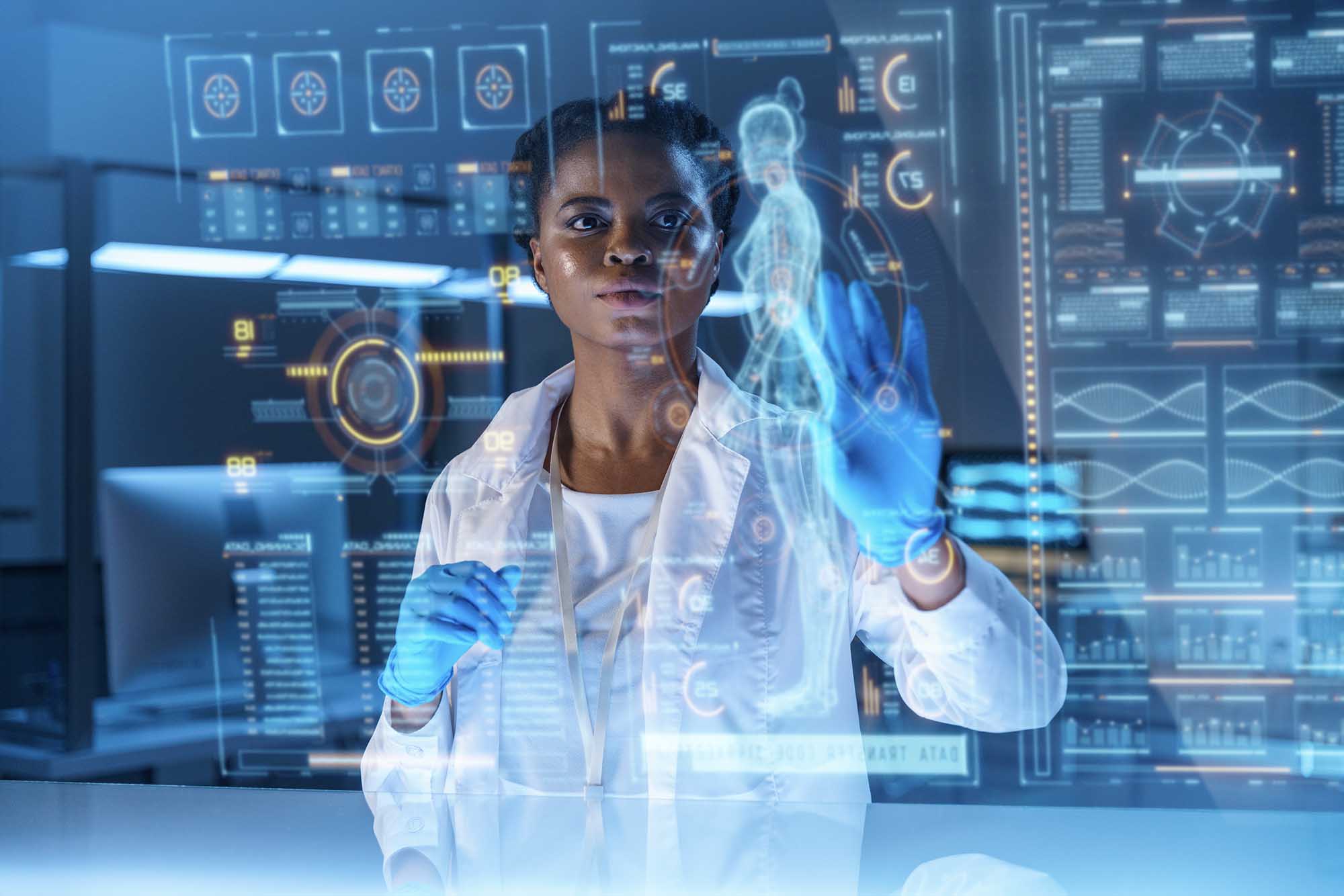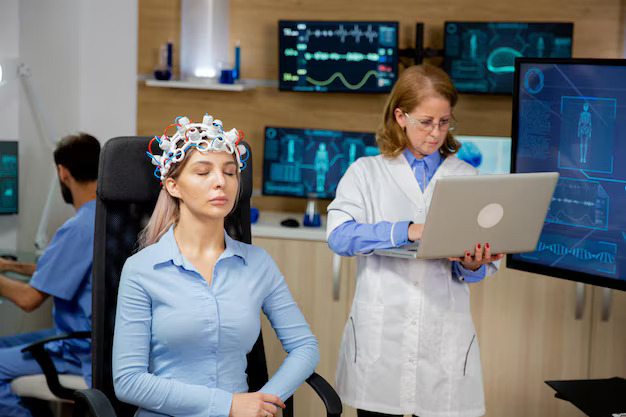Generative AI for Automating HR Tasks: Screening and Onboarding
GenAI speeds HR screening & onboarding, boosting efficiency, diversity, & personalization at scale.


The human resources landscape is experiencing a seismic shift as Generative AI transforms traditional workflows into intelligent, adaptive systems. 67% of HR professionals say AI makes hiring more efficient, and 80% of HR leaders believe it will soon be essential in managing employees. The AI in the HR market is growing fast and is expected to reach $17.61 billion by 2027.
This transformation goes beyond simple automation. Generative AI creates, adapts, and personalizes content in real-time, fundamentally changing how HR teams approach candidate screening and employee onboarding. Let's explore how this technology is reshaping these critical HR functions.
Deloitte Study Reveals Unprecedented AI Investment Surge: 78% of Organizations Set to Boost Spending. Read more here!
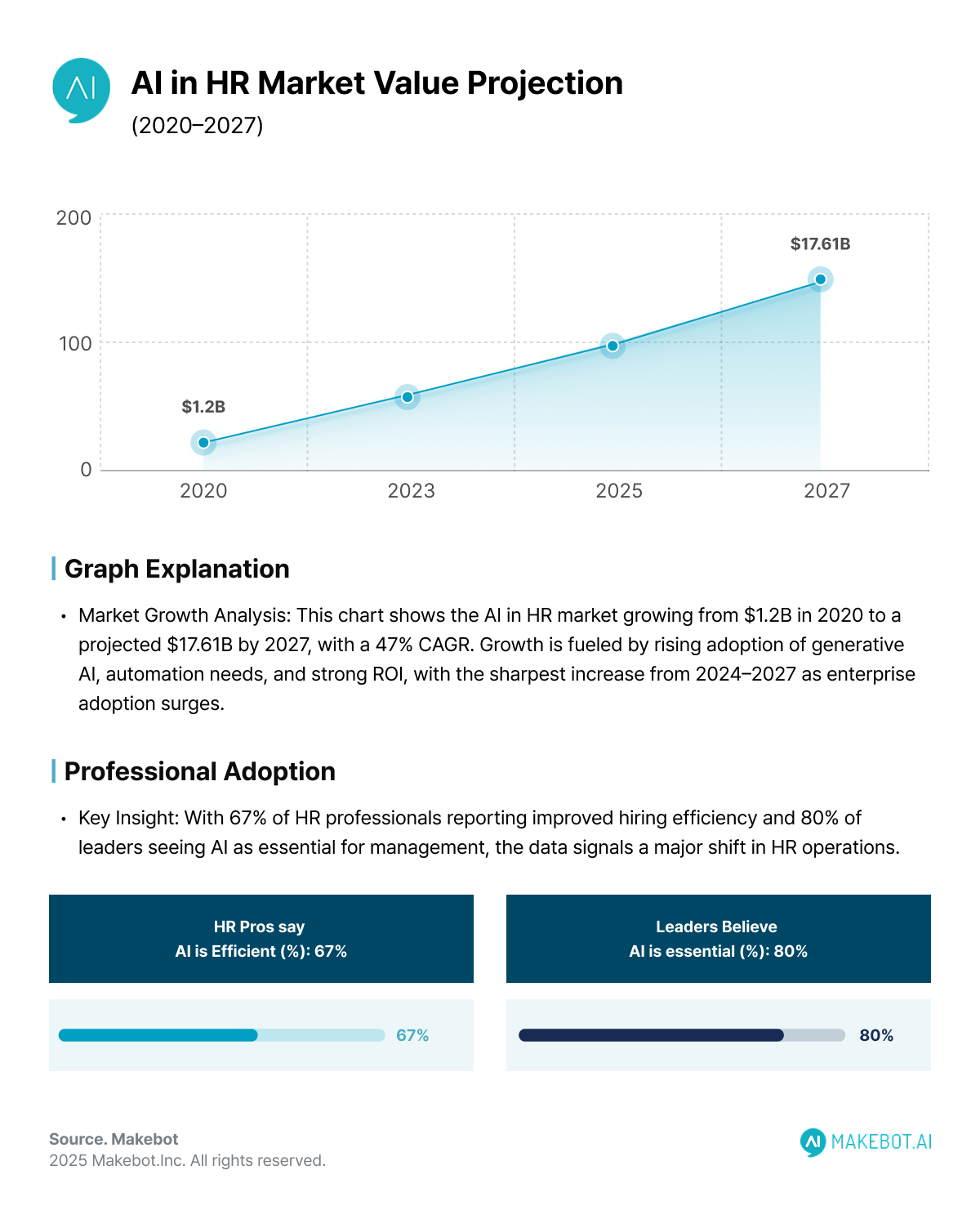
Evolution from Traditional Automation to GenAI
Traditional HR automation followed rigid, rule-based workflows—if a candidate meets X criteria, then proceed to Y step. Generative AI, however, operates as a dynamic co-creator that learns, adapts, and generates contextually relevant content. This distinction is crucial for understanding its transformative potential.
Unlike predictive AI that forecasts outcomes or conversational AI that responds to queries, Generative AI tools actively create new content—from personalized job descriptions to adaptive onboarding materials—based on learned patterns and organizational data.
Revolutionizing Candidate Screening Through Intelligent Content Generation
Beyond Resume Parsing: Contextual Candidate Analysis
Modern Generative AI in HR systems don't just scan for keywords; they understand context, career trajectories, and potential cultural fit. These systems can:
- Analyze career progression patterns to predict long-term success within specific roles
- Generate personalized interview questions based on each candidate's unique background
- Create dynamic assessment scenarios that adapt to the candidate's responses in real-time
RingCentral's implementation demonstrates this evolution—their AI-powered talent search increased pipeline quality by 22% and boosted interest from underrepresented groups by 40%, showcasing how intelligent screening enhances both efficiency and diversity.
Intelligent Job Description Creation
Generative AI tools analyze successful hires, industry trends, and company culture to craft job descriptions that attract the right candidates. This process involves:
- Real-time market analysis to incorporate emerging skills and industry requirements
- Bias detection and removal to ensure inclusive language that appeals to diverse candidates
- Performance optimization based on response rates and candidate quality metrics
Unilever's AI-driven approach reduced hiring time by 75% while increasing diversity, proving that intelligent screening can simultaneously improve speed and quality.
Dynamic Candidate Matching and Scoring
Advanced AI automation systems create multi-dimensional candidate profiles by analyzing:
- Technical competencies derived from project descriptions and skill demonstrations
- Cultural alignment indicators extracted from communication patterns and value statements
- Growth potential metrics based on learning agility and career progression data
This comprehensive analysis enables hiring managers to make data-driven decisions rather than relying on intuition alone.
The Future of GenAI Development: Why 80% of Applications Will Build on Existing Infrastructure by 2028. Read more here!
Transforming Onboarding Through Personalized Experience Design
Adaptive Content Generation for New Hires
Traditional onboarding relies on static documents and generic presentations. Generative AI in HR creates personalized experiences by:
- Generating role-specific welcome materials that reference the new hire's background and future responsibilities
- Creating customized 30-60-90 day plans based on team priorities and individual skill levels
- Producing personalized policy summaries that highlight relevant information for each role
Intelligent Peer and Mentor Matching
Generative AI analyzes organizational data to suggest optimal connections for new hires:
- Project collaboration histories to identify potential allies and collaborators
- Skill complementarity analysis to match new hires with mentors who can accelerate their growth
- Communication style compatibility to ensure productive working relationships
HCLTech replaced manual mentoring spreadsheets with an AI System that uses performance data and skills to create strategic mentor-mentee matches at scale, significantly improving employee engagement across their global workforce.
Real-Time Onboarding Adaptation
Generative AI tools continuously refine the onboarding experience by:
- Monitoring engagement patterns to identify when new hires struggle with specific content
- Generating supplementary materials when knowledge gaps are detected
- Adjusting pacing and complexity based on individual learning speeds
This adaptive approach ensures that onboarding remains effective regardless of the new hire's background or learning style.
AI Investment a Top Priority for Asia-Pacific Entrepreneurs, UBS Report Finds. Read more here!
Technical Implementation
Data Integration and Model Training
Successful Generative AI in HR implementation requires sophisticated data management:
- Multi-source data integration from HRIS, ATS, performance management systems, and external platforms
- Continuous model refinement using feedback loops from hiring outcomes and employee success metrics
- Privacy-compliant data handling with encryption and access controls that meet GDPR and CCPA requirements
Advanced Natural Language Processing
Modern AI automation leverages transformer-based architectures to:
- Understand contextual nuances in candidate communications and job requirements
- Generate human-like content that maintains organizational voice and tone
- Detect sentiment and engagement levels in real-time interactions
Reinforcement Learning from Human Feedback (RLHF)
Leading Generative AI tools incorporate RLHF to:
- Learn from recruiter decisions to improve candidate ranking algorithms
- Adapt content generation based on successful onboarding outcomes
- Refine personalization engines using engagement and retention data
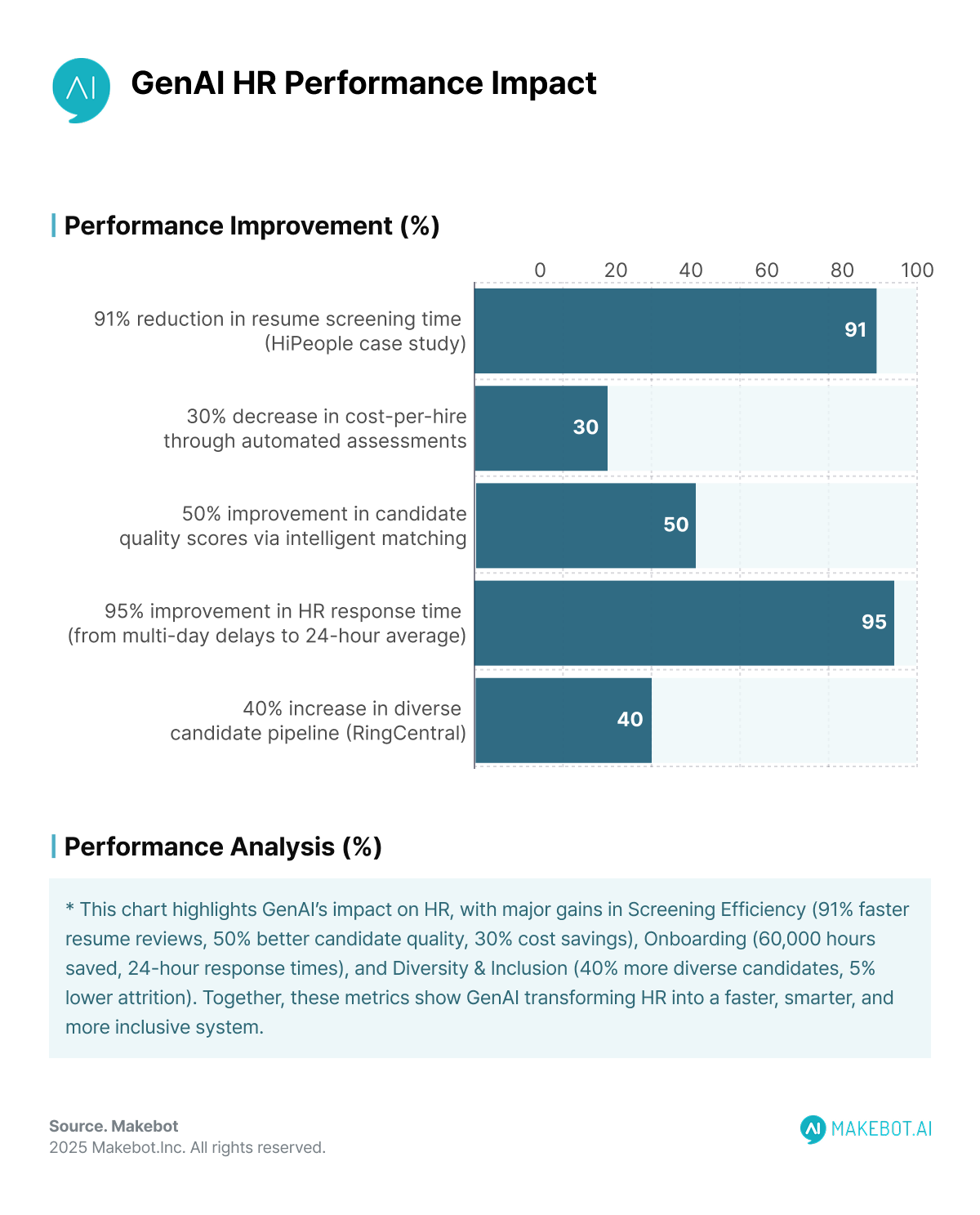
Measuring Impact: Key Performance Indicators
Organizations implementing Generative AI in HR report significant improvements across multiple metrics:
Screening Efficiency Gains
- 91% reduction in resume screening time (HiPeople case study)
- 30% decrease in cost-per-hire through automated initial assessments
- 50% improvement in candidate quality scores through intelligent matching
Onboarding Effectiveness
- 60,000 hours saved annually in HR response time (Manipal Health Enterprises)
- 24-hour average response time for employee queries vs. traditional multi-day delays
- 5% reduction in new hire attrition through personalized experiences
Diversity and Inclusion Metrics
- 40% increase in diverse candidate pipeline (RingCentral)
- An improvement in inclusive hiring practices through bias-free job descriptions
- Enhanced accessibility with AI-generated content optimized for non-native speakers
Future Trajectory: Emerging Capabilities
Agentic AI Evolution
The next generation of Generative AI tools will feature autonomous agents capable of:
- Proactive talent pipeline management that identifies and engages candidates before positions open
- Dynamic policy updates that automatically adjust procedures based on regulatory changes
- Predictive intervention systems that address potential retention issues before they escalate
Multi-Modal Integration
Advanced AI automation will incorporate:
- Video analysis capabilities for behavioral assessment during virtual interviews
- Voice sentiment analysis to understand candidate engagement and cultural fit
- Visual content generation for creating engaging onboarding materials and training modules
Hyper-Personalization at Scale
Future Generative AI in HR systems will deliver:
- Individual career pathway modeling that adapts to each employee's unique goals and circumstances
- Real-time skill development recommendations based on project assignments and performance data
- Personalized workplace optimization that adjusts to individual work styles and preferences
Conclusion
Generative AI in HR represents more than technological advancement—it's a strategic imperative for organizations seeking sustainable competitive advantage. With the AI System market in HR projected to reach $17.61 billion by 2027, early adopters will capture disproportionate benefits in talent acquisition, employee engagement, and operational efficiency.
The evidence is clear: organizations leveraging Generative AI tools for screening and onboarding achieve measurable improvements in speed, quality, and inclusivity. However, success requires thoughtful implementation that balances automation with human insight, efficiency with ethics, and innovation with responsibility.
As AI automation continues evolving, HR leaders who embrace these capabilities today will be best positioned to navigate tomorrow's talent challenges. The question isn't whether Generative AI will transform HR—it's whether your organization will lead or follow this transformation.
Ready to Revolutionize HR with Generative AI?
From smart screening to seamless onboarding, Makebot delivers LLM-powered solutions that automate HR processes, reduce bias, and speed up hiring. Built with cutting-edge tech like RAG, fine-tuning, and multi-LLM support, our platform is trusted by 1,000+ companies.
👉 Get started today — email us at b2b@makebot.ai or visit makebot.ai
Makebot: Your #1 Partner for Chatbots and LLM.

Studies Reveal Generative AI Enhances Physician-Patient Communication


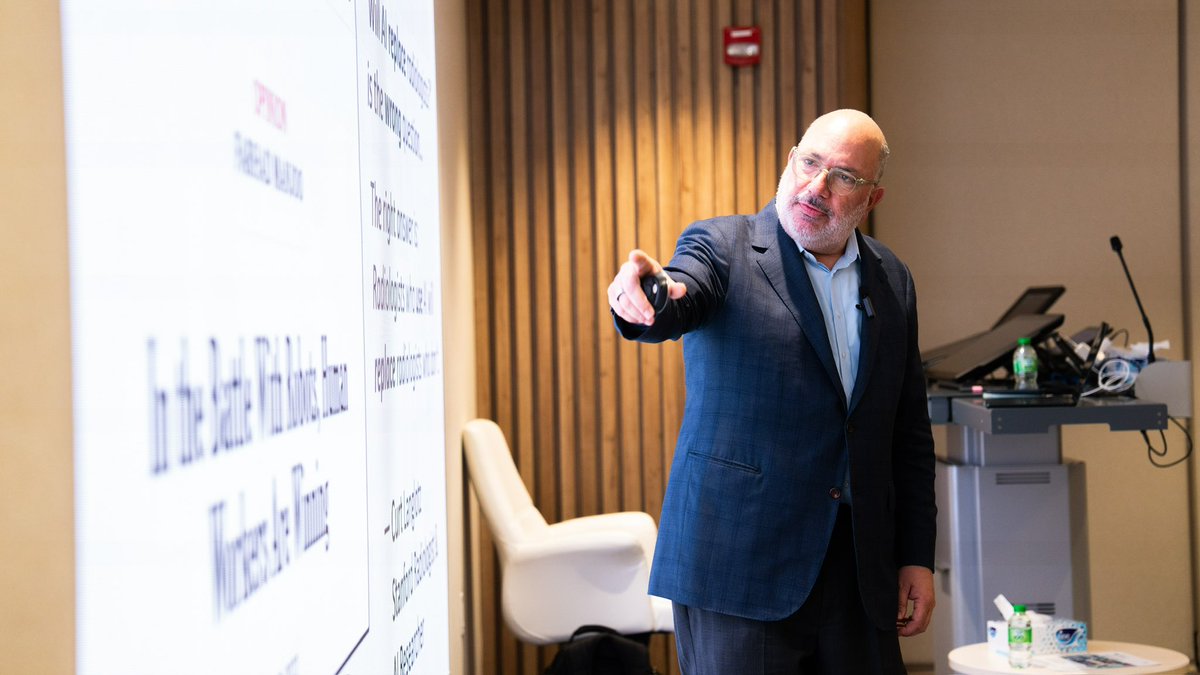
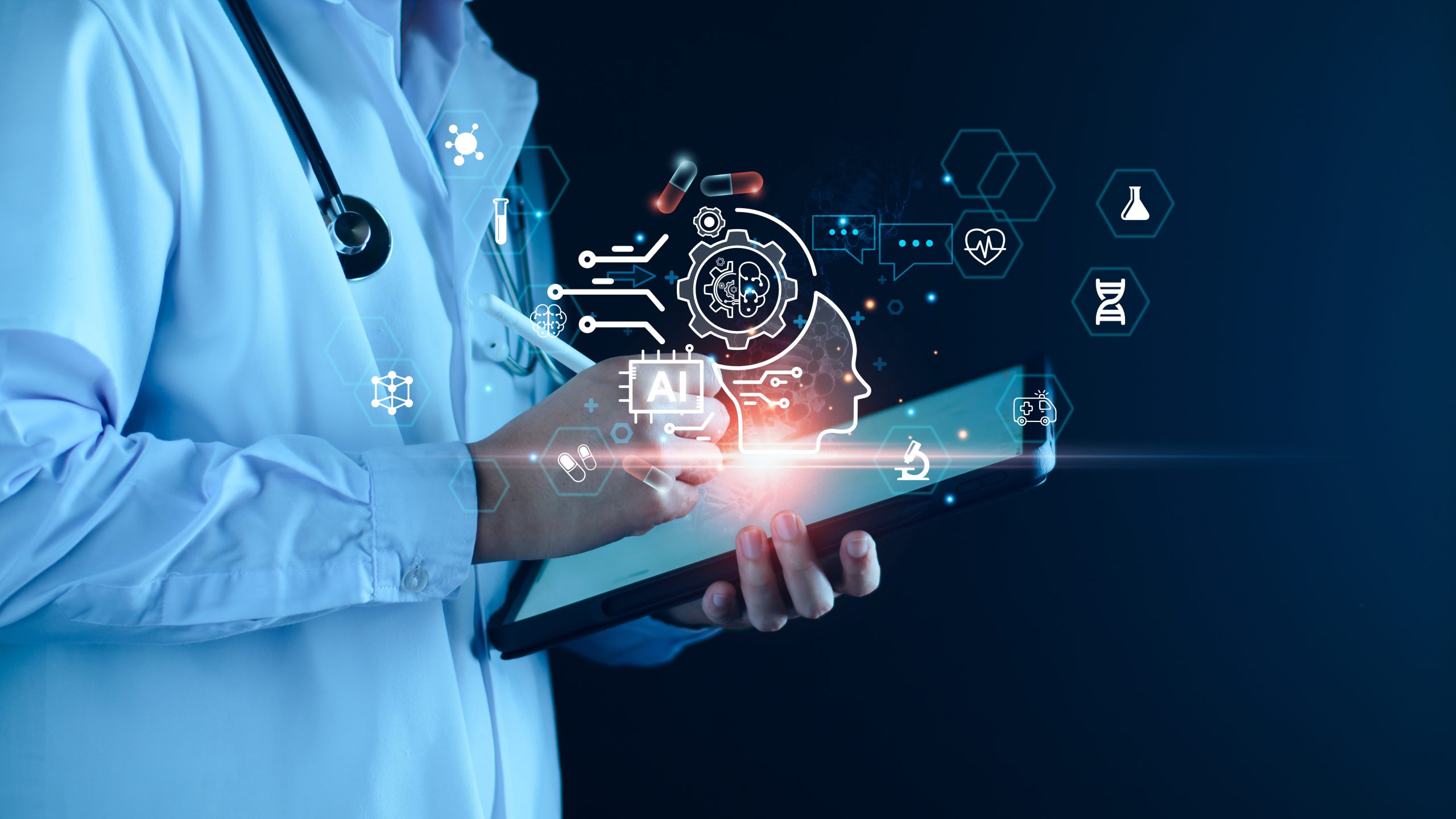
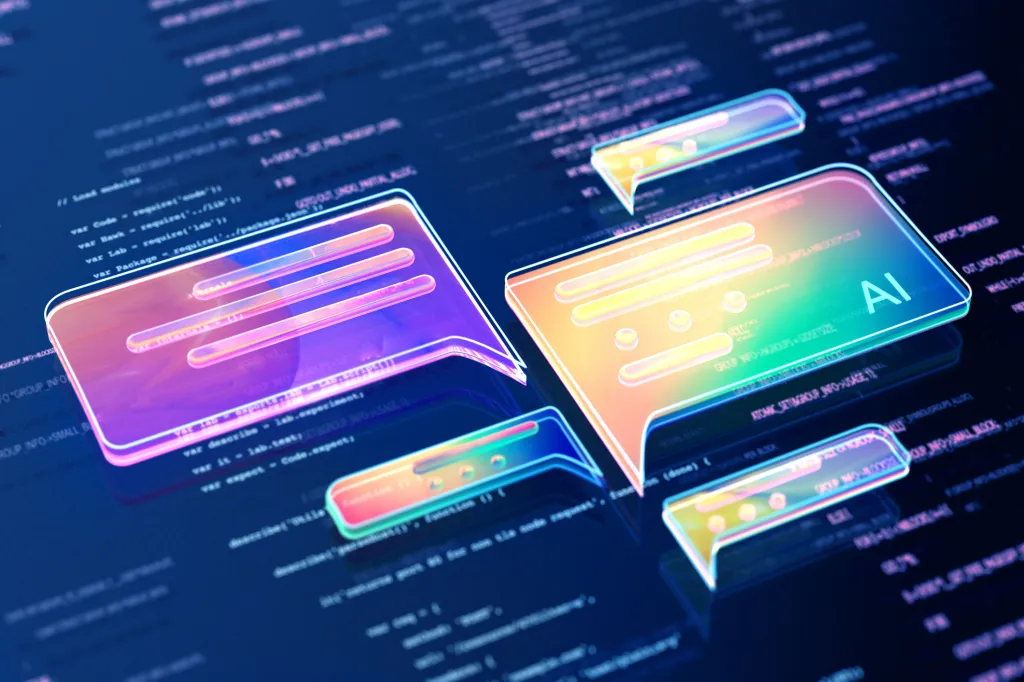
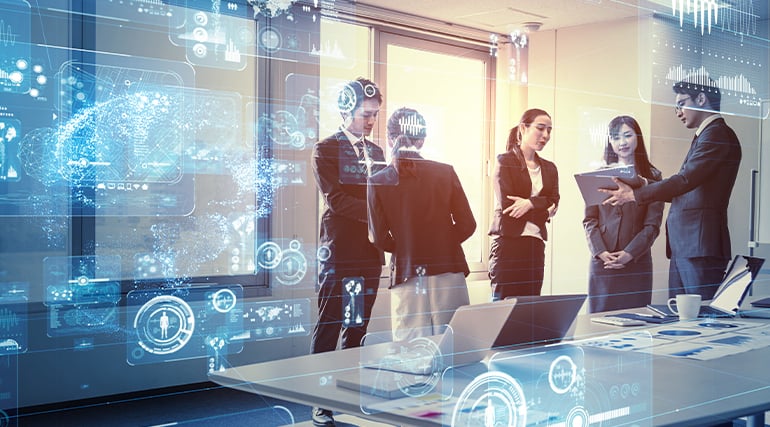


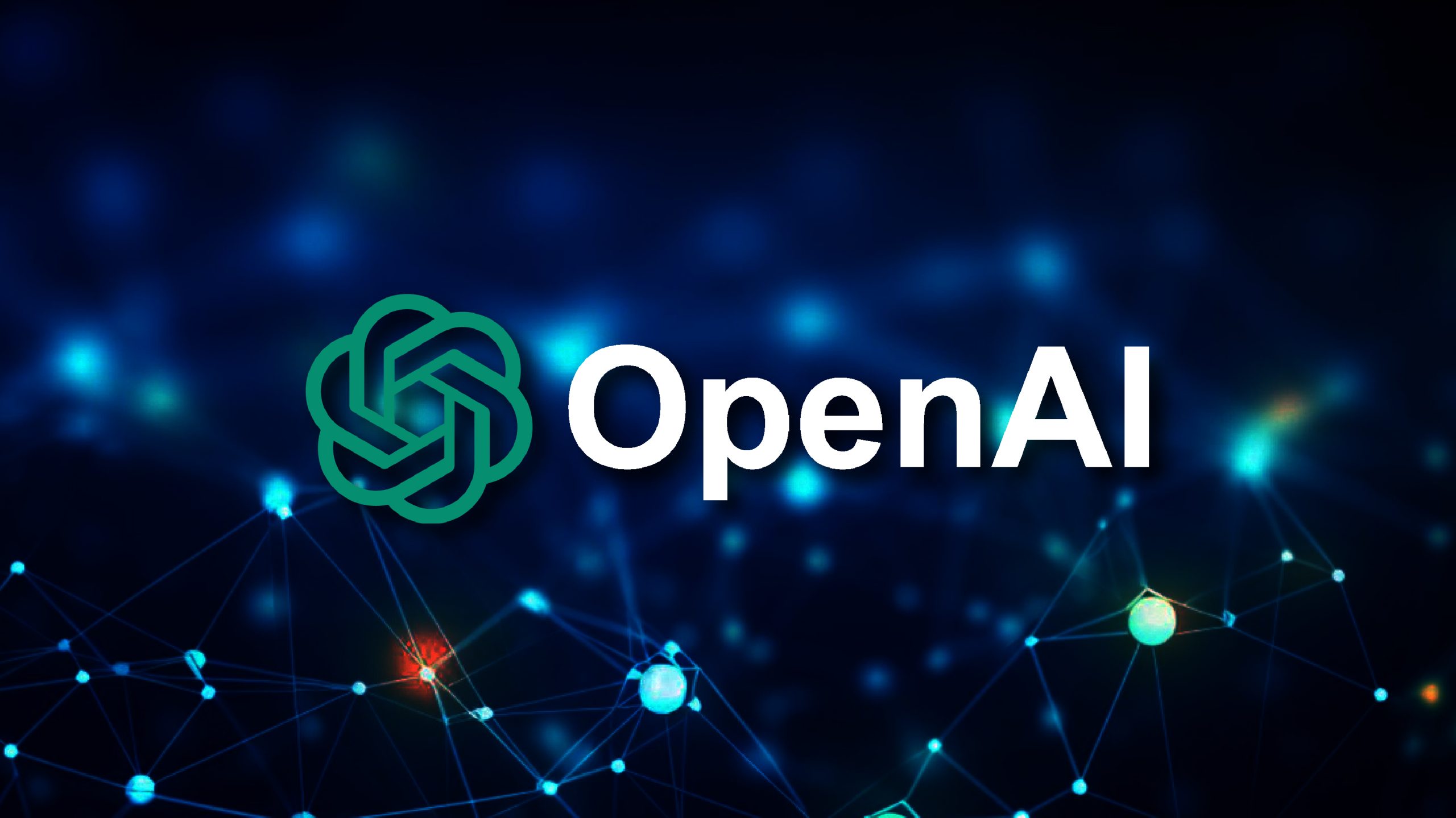
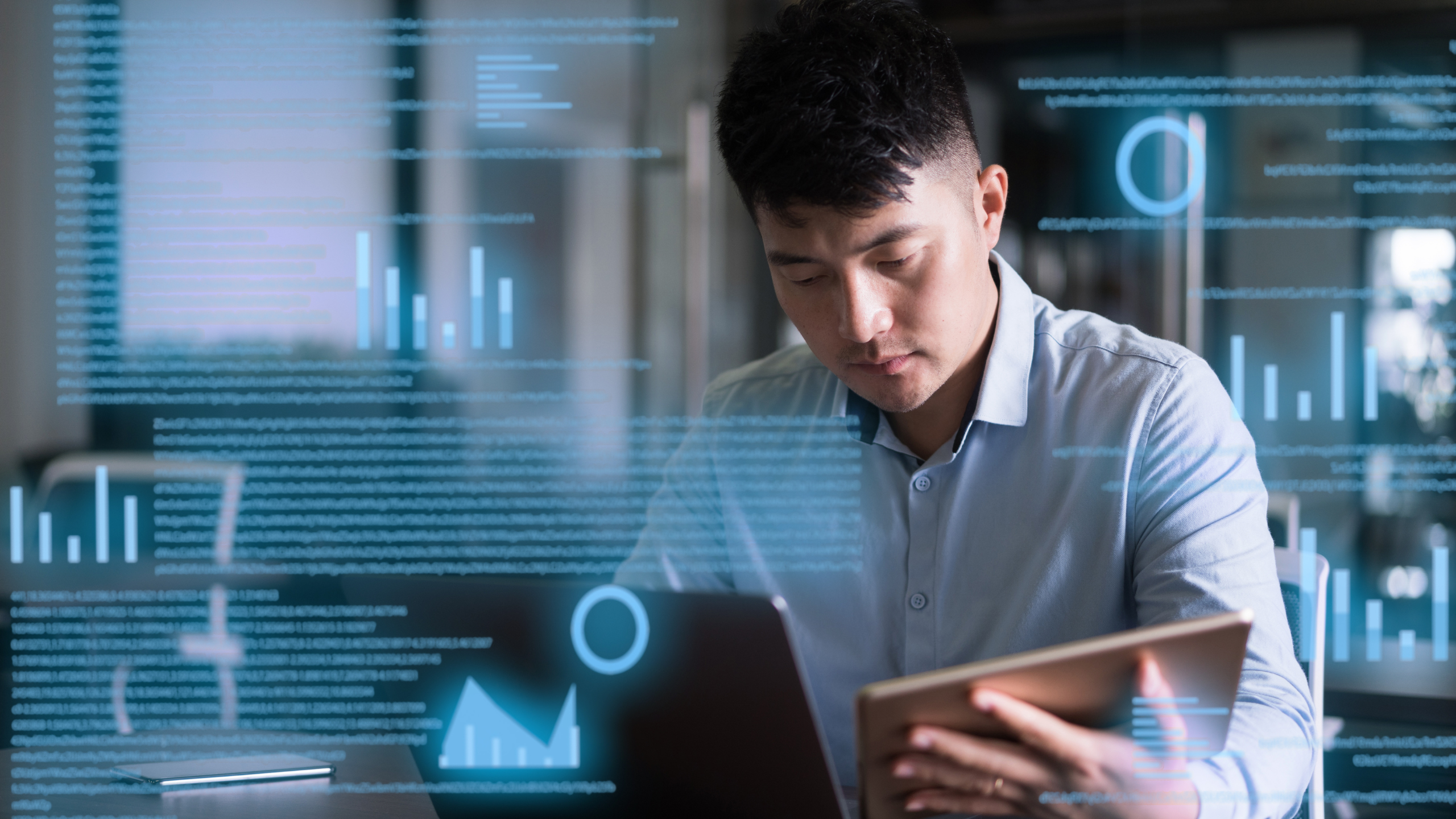


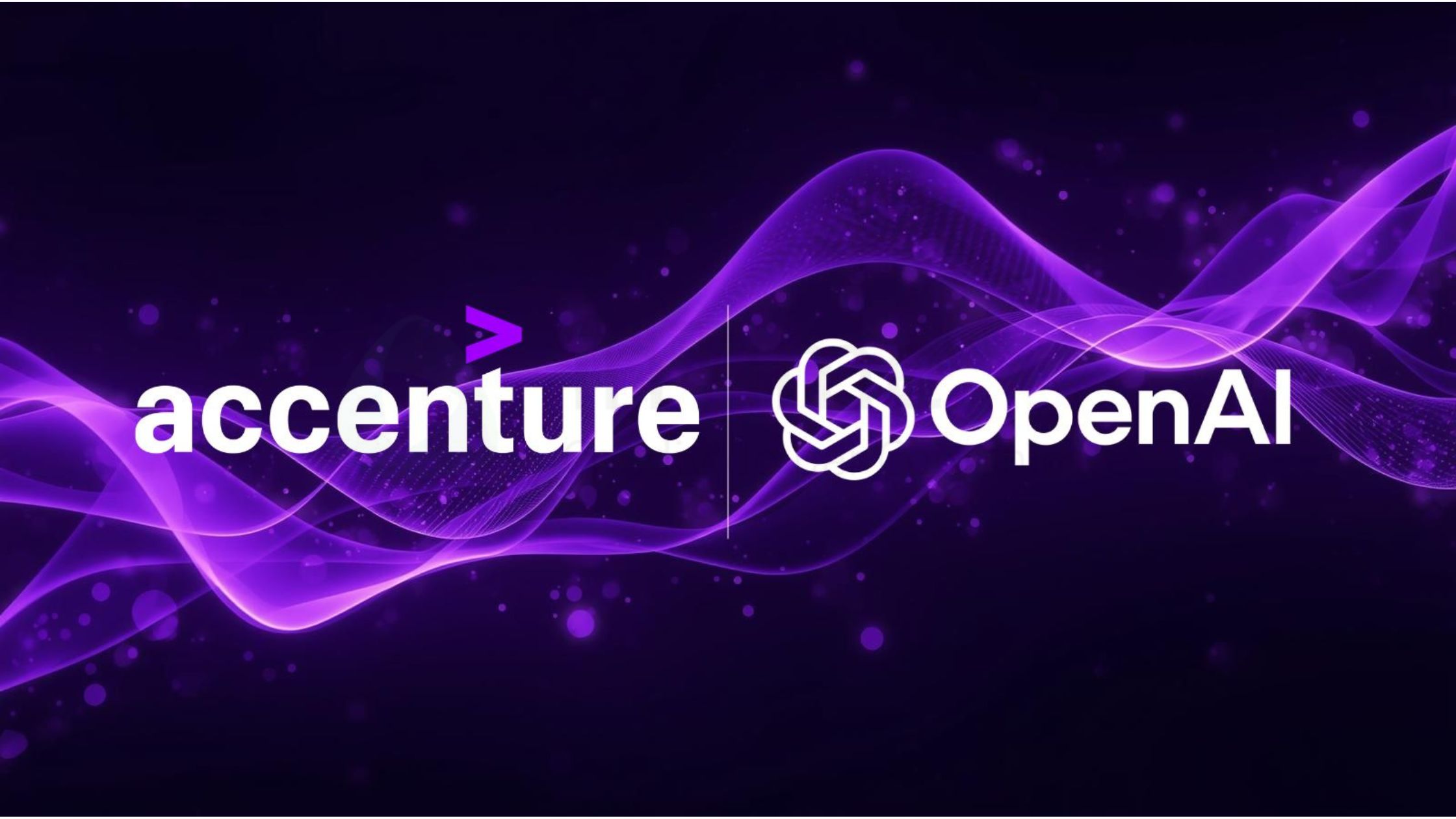
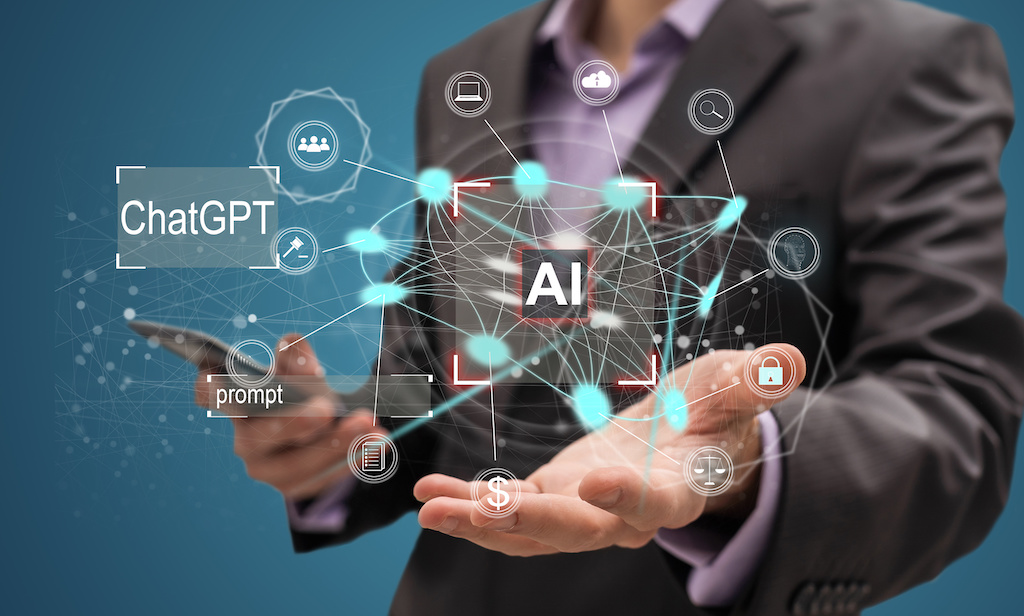
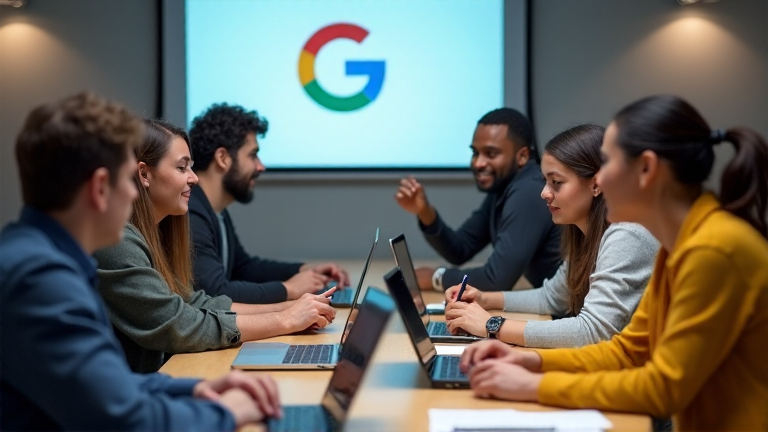

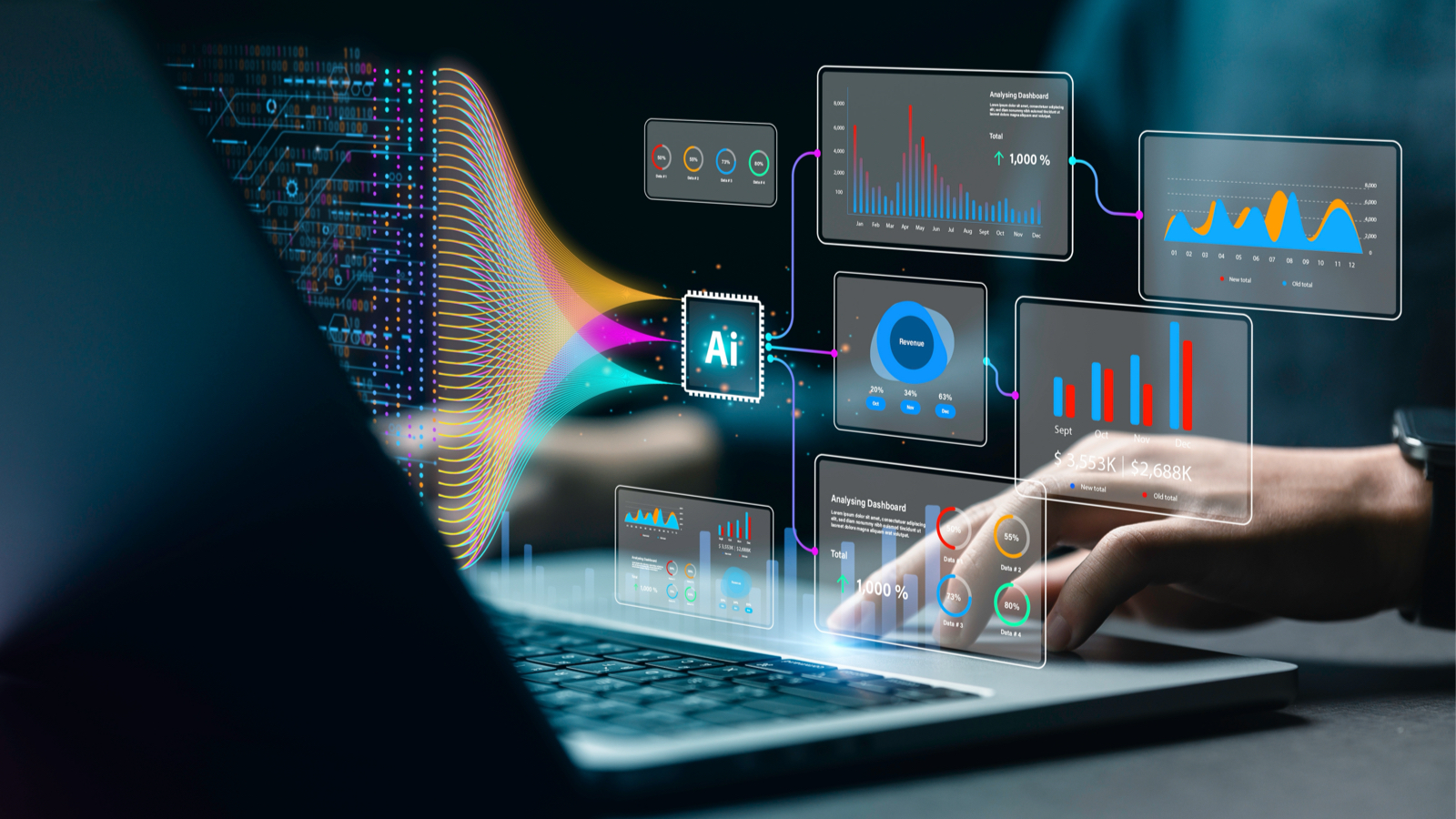






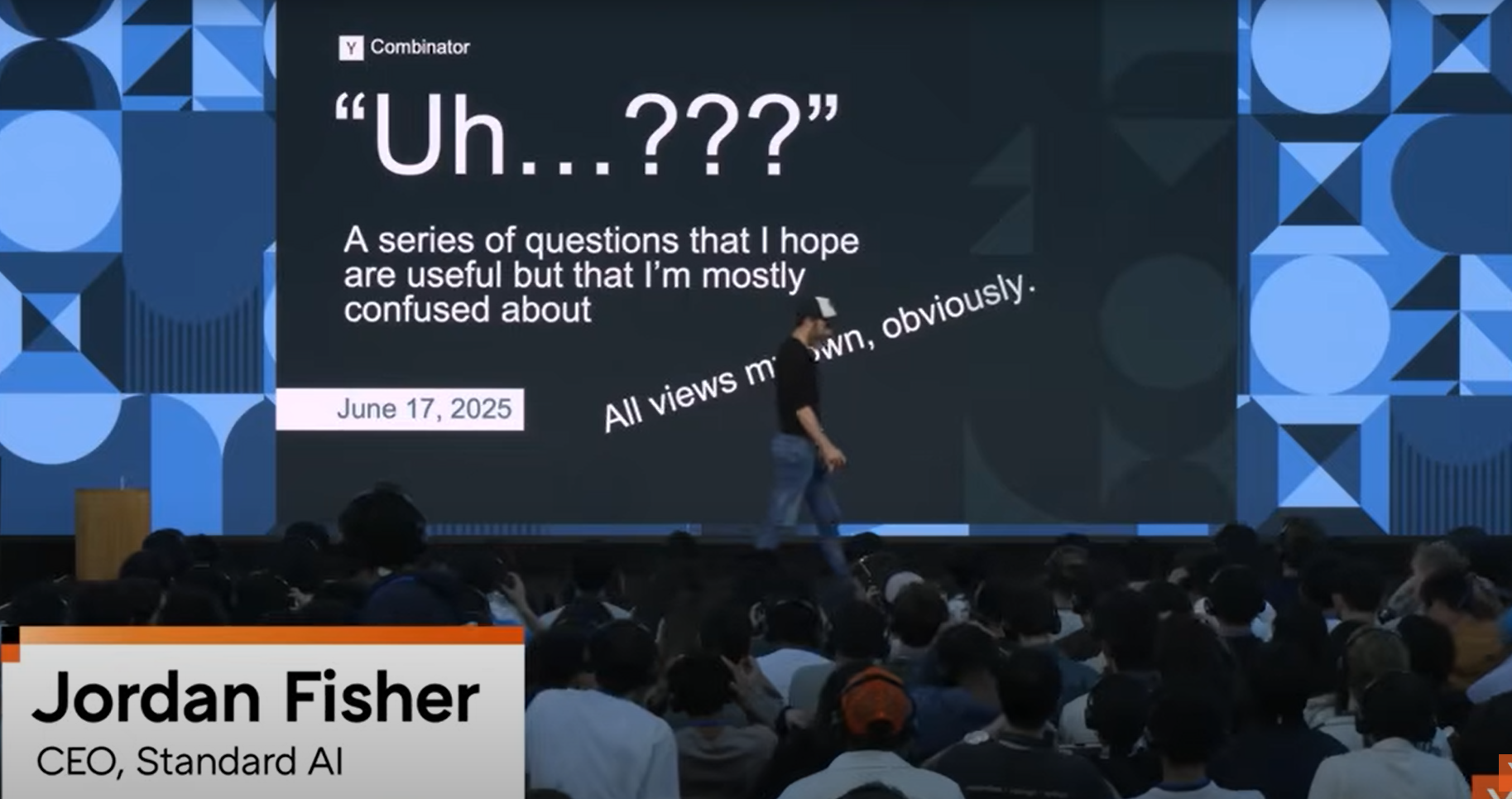
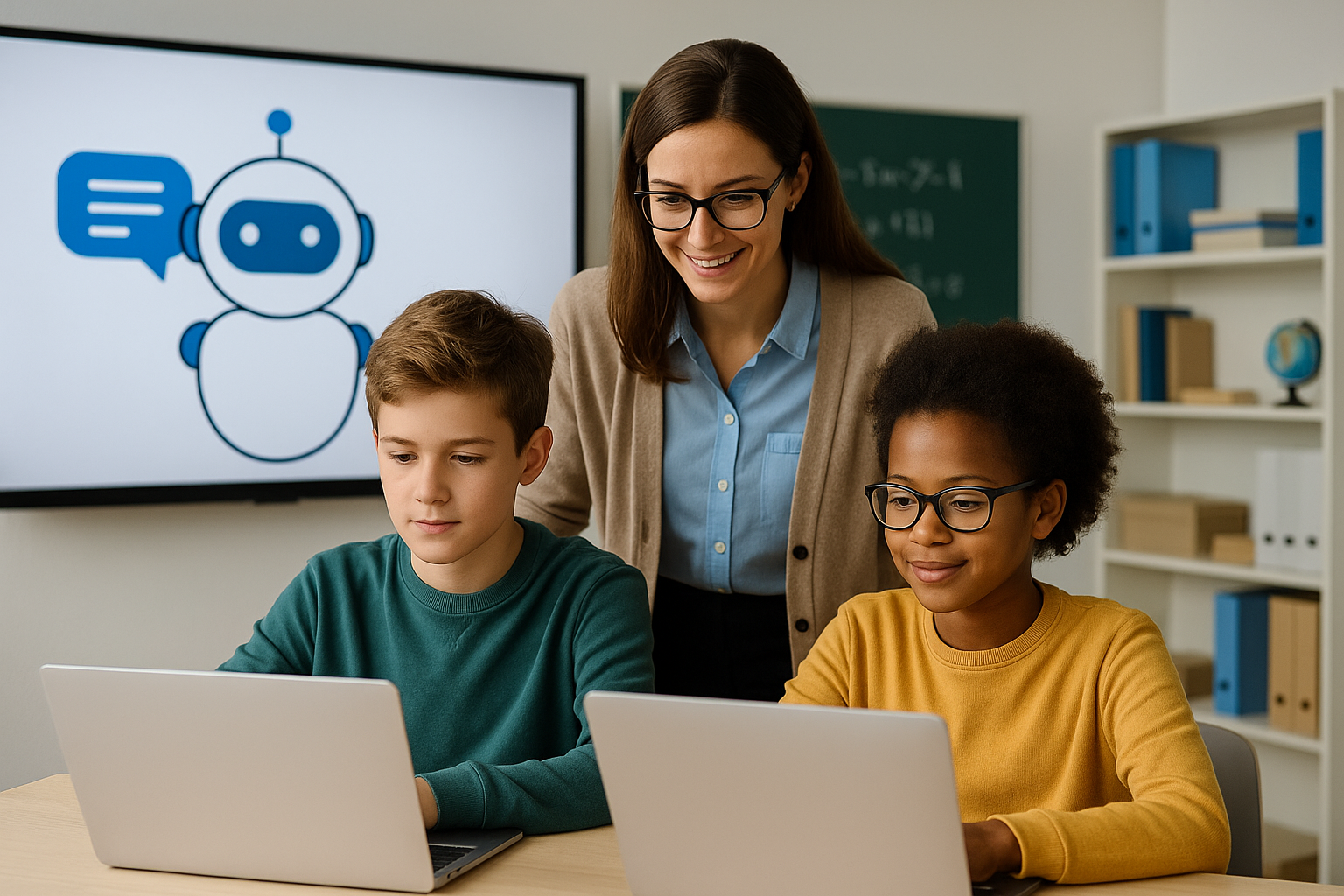



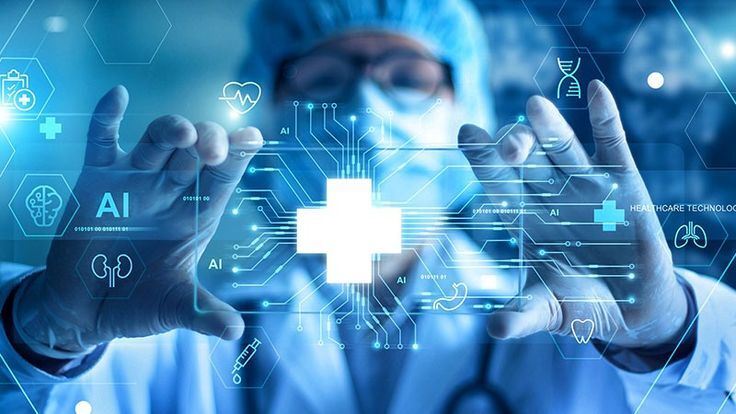

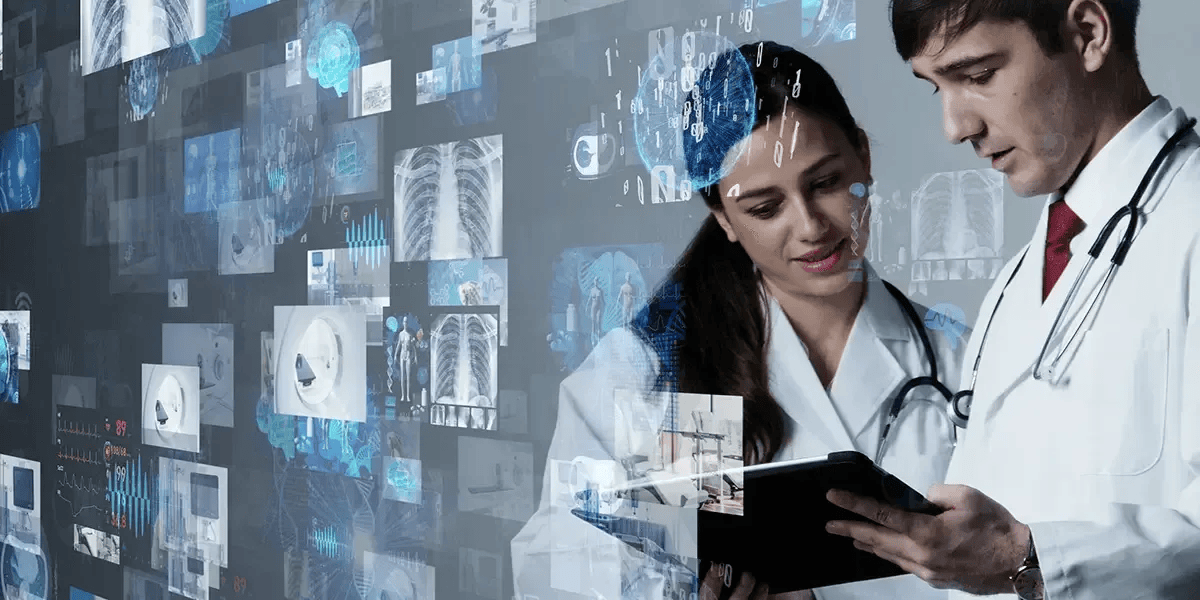

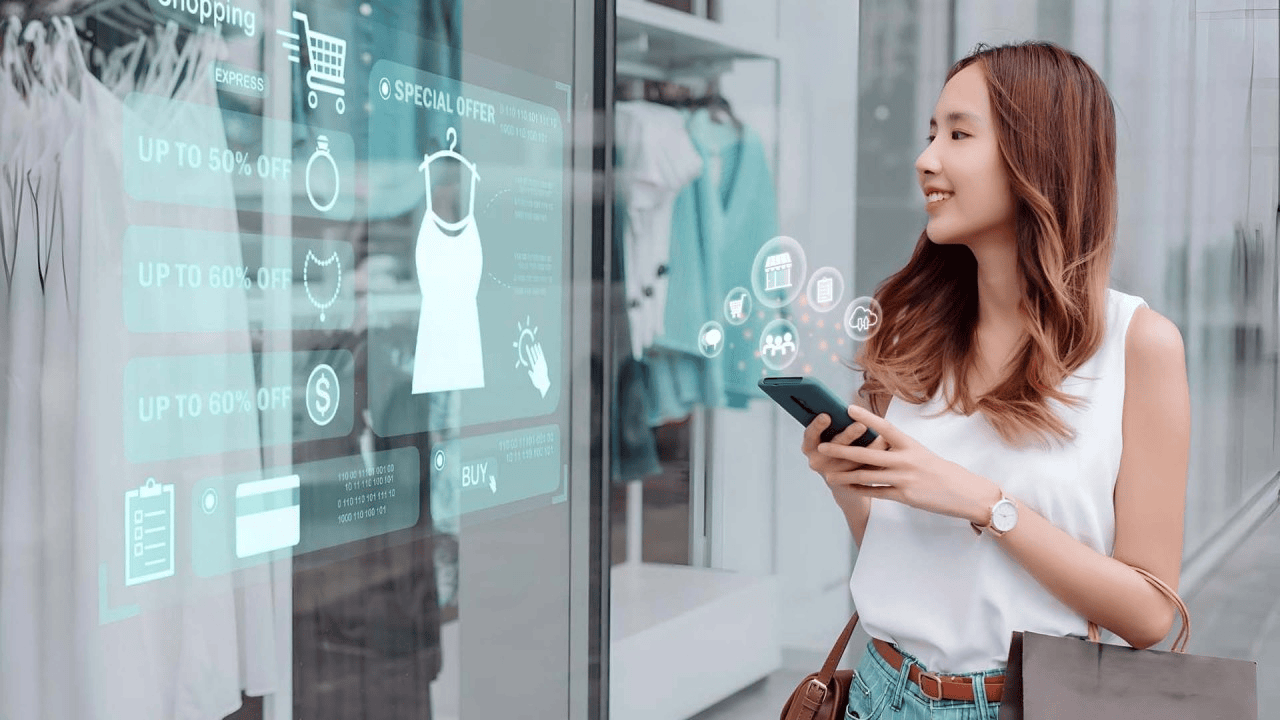

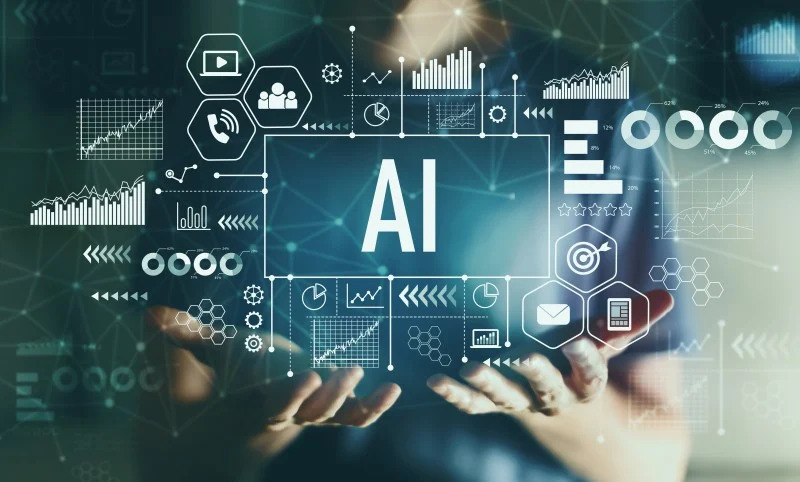
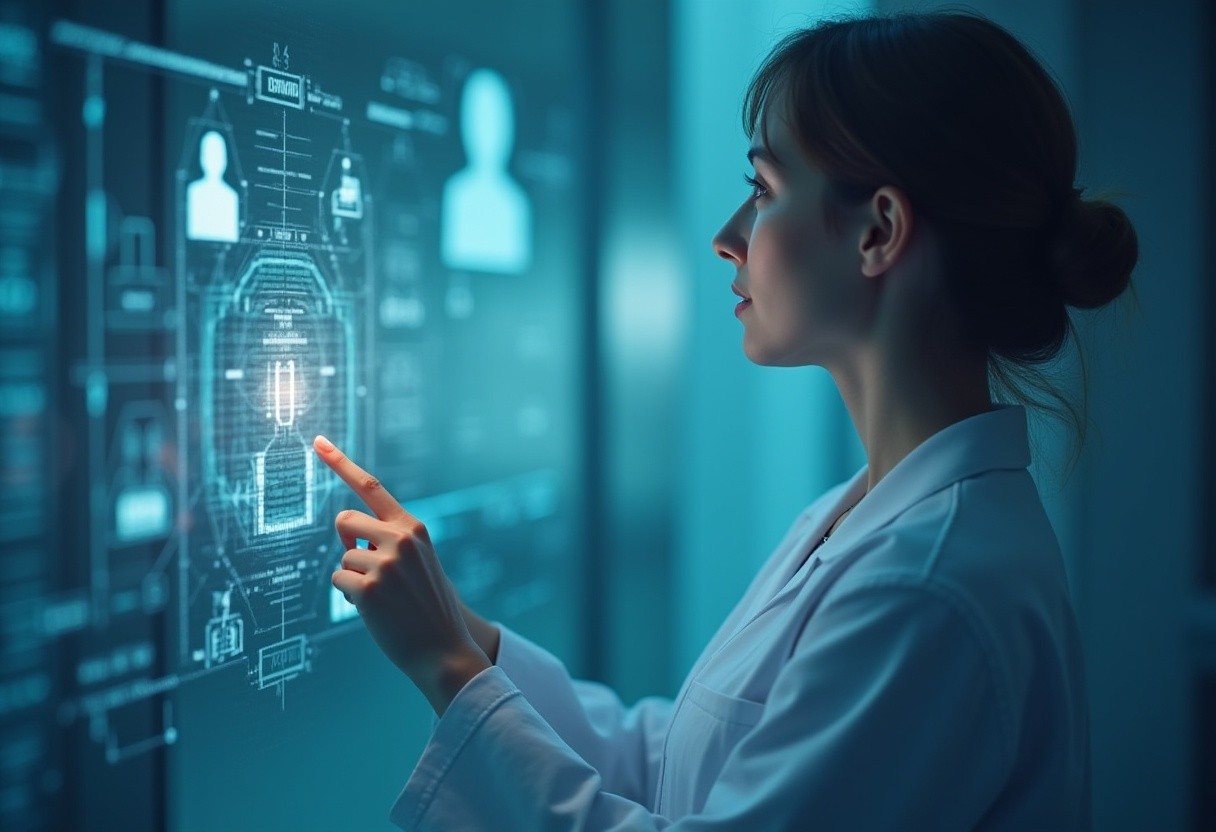
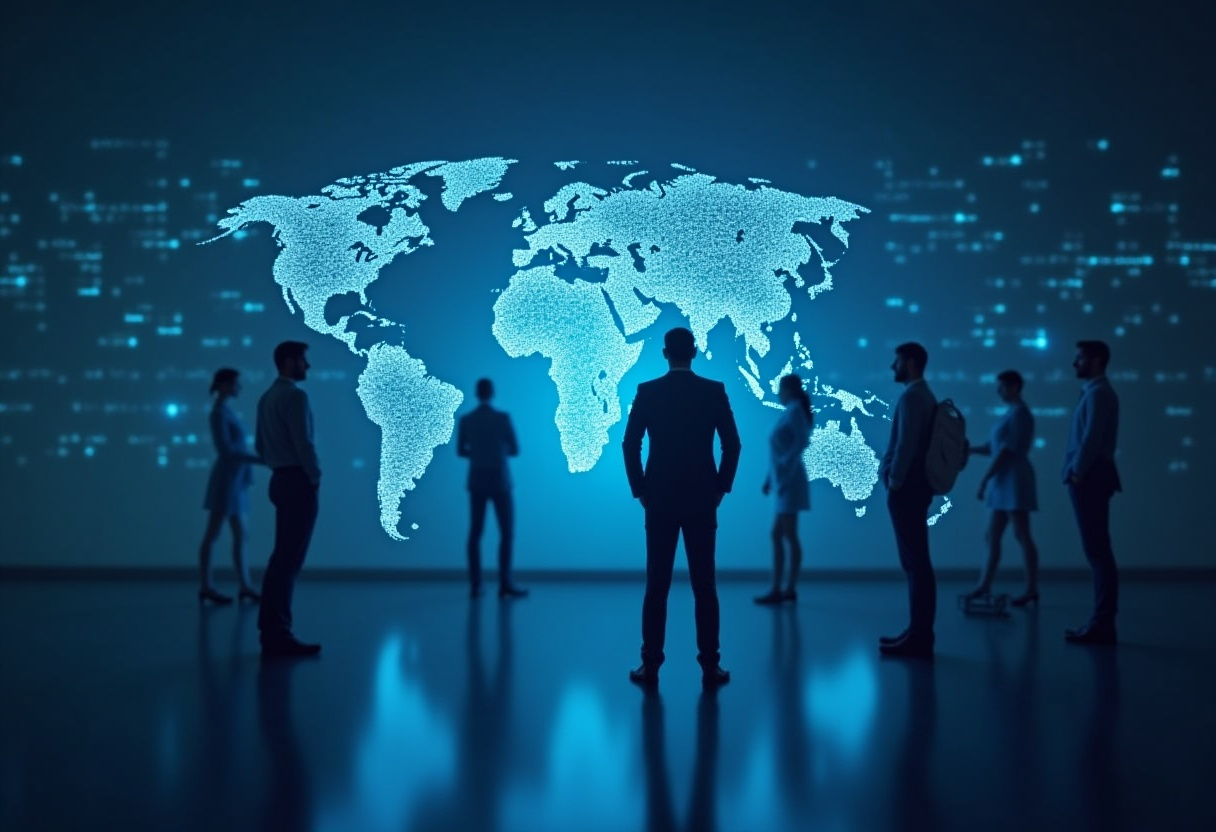

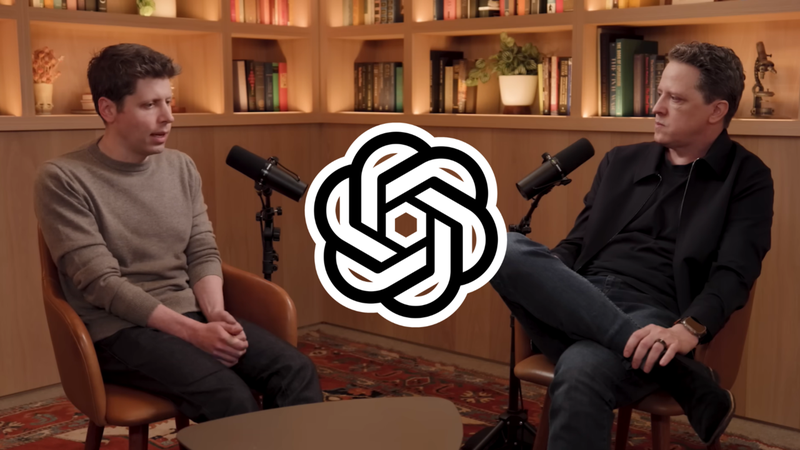




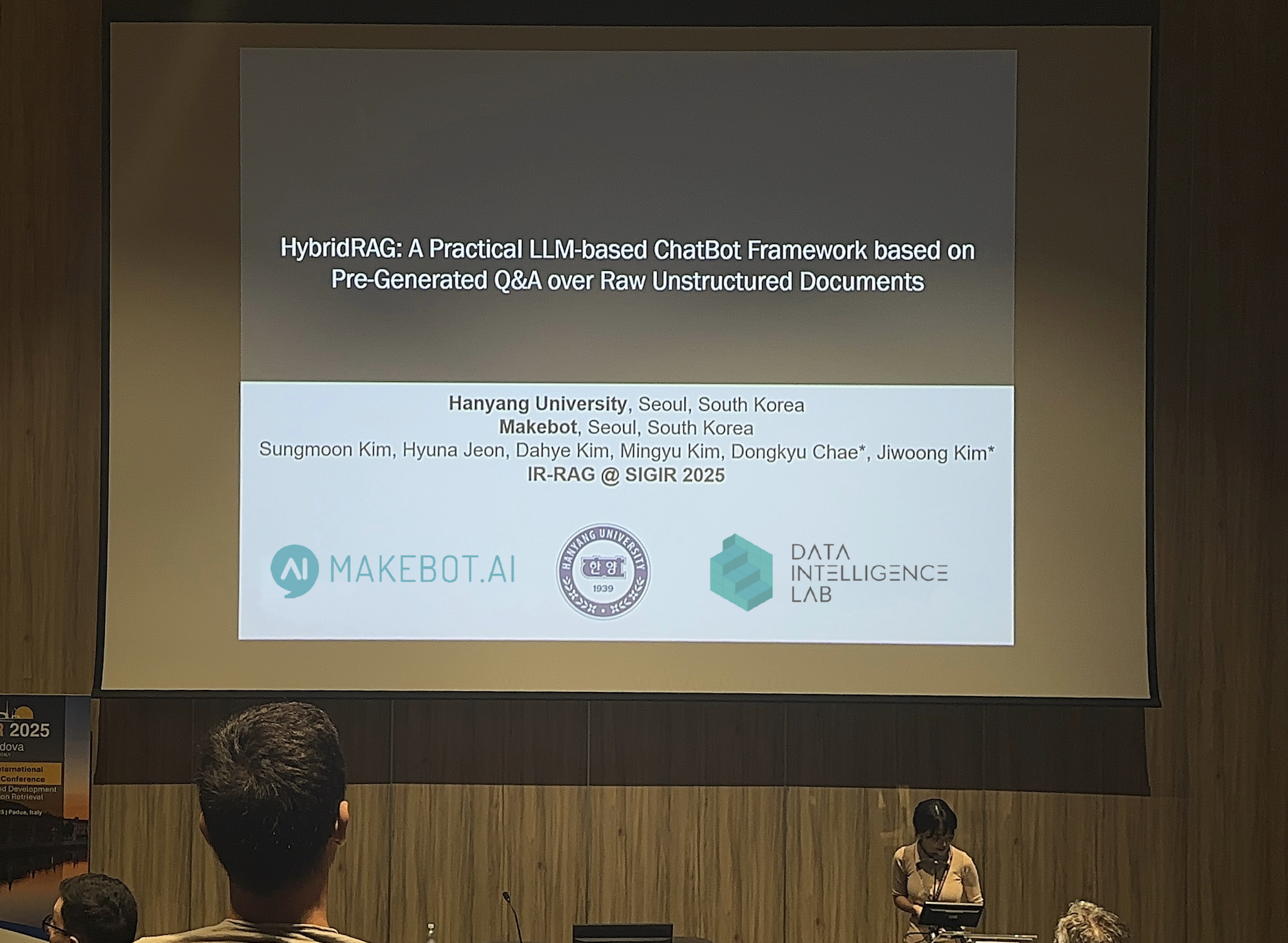









_2.png)












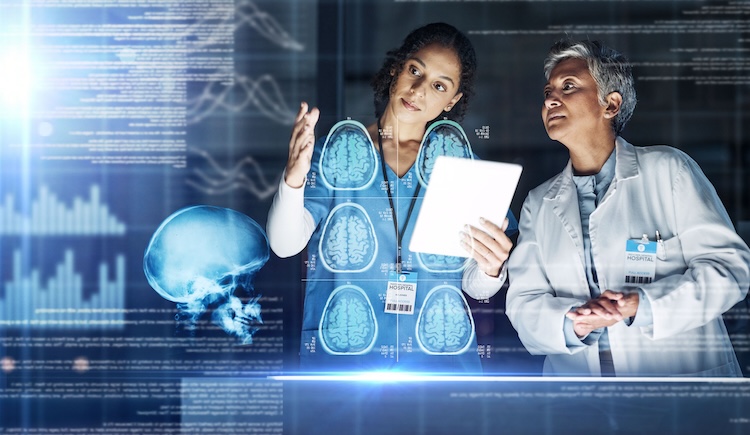





.jpg)

